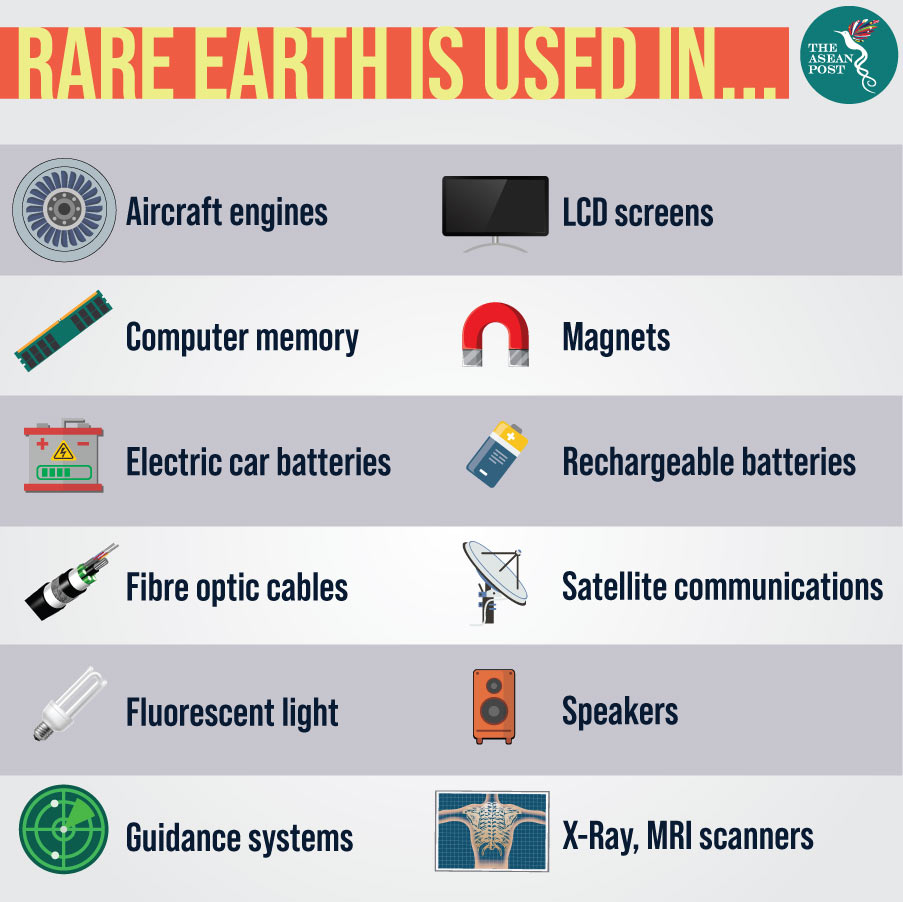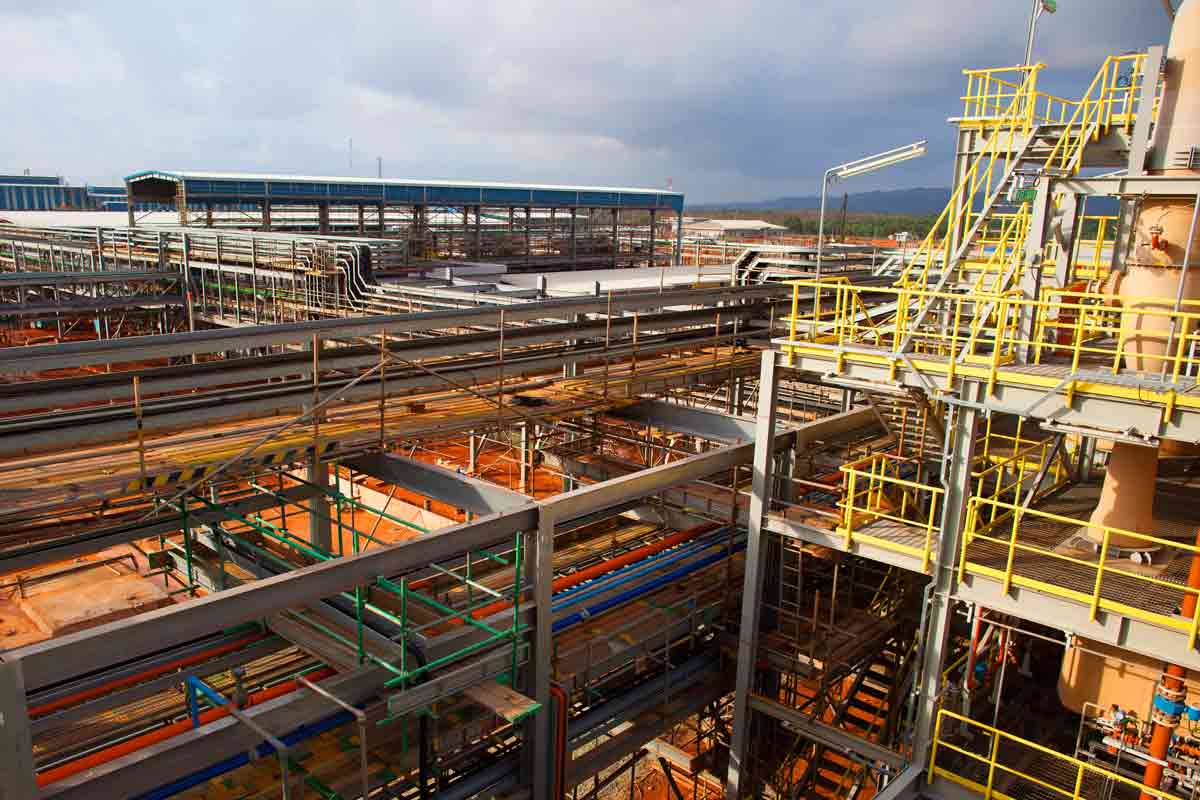Depending on who you listen to, the 580,000 tonnes of radioactive waste at Lynas’ rare earth processing plant in the Malaysian state of Pahang is either going to cause harm to generations to come or is part of the Australian company’s policy of causing “zero harm”.
Currently the hottest environmental debate in Malaysian, the government’s decision last week to extend the company’s licence for another six months has turned up the heat on the issue as Lynas has yet to remove waste containing low levels of radioactive elements from Malaysia as promised.
A vital component in everything from mobile phone screens to military equipment due to its high electrical conductivity, the rare earth market is dominated by China. Although Lynas makes up about 15 percent of the global market, the company does not process rare earth in its home country of Australia. Instead, it is dug up and transported thousands of kilometres away to Malaysia, where the cost of processing is significantly lower – and environmental laws aren’t as strict.

Despite operating since 2012, the Lynas plant in Gebeng, a town near Pahang’s state capital of Kuantan, still does not have a permanent disposal facility (PDF) for its radioactive waste, the Water Leached Purification (WLP) residue which contains elements such as thorium, uranium and heavy metals – by-products of the rare earth extraction process known as Cracking and Leaching.
The United States’ (US) Environmental Protection Agency (EPA) notes that ingestion of high concentrations of uranium or thorium can cause diseases such as bone, lung or liver cancer.
Lynas has been on a sustained media offensive to counter claims that its radioactive waste is hurting the residents of Gebeng, coming up with arguments that small amounts of radiation is perfectly normal.
However, WLP radioactivity is six times higher than Malaysia’s limit, and there are currently 580,000 tonnes of it piled up behind Lynas’ plant. While Lynas regularly states that the level of radioactivity in its waste is low, they fail to point out that the total amount of waste produced is huge.
In June, Lynas said it will attempt to recycle its WLP residue in Malaysia while relocating the first stage of processing to Australia. The key word to take note of in the statement is “attempt”.
“If you compare the information here (Malaysia) and that which you can get in Australia under the Freedom of Information Act, there is some vital information missing,” said Tan Bun Teet, chairman of the Save Malaysia, Stop Lynas! advocacy group.
“Lynas is capitalising on the public’s ignorance,” said Tan, who was among the 400 people who participated in a peaceful anti-Lynas rally last week.
Independent analysis
The decision to renew the license has in effect given Lynas four more years to operate as one of the conditions specified by the Atomic Energy Licensing Board (LPTA) in its licence extension was that the overseas cracking and leaching facility – the main processes to remove the radioactive waste – should be constructed and commence operations “within four years” from the date of licence renewal on 3 September.
Independent analysis will be key to soothe public fears about Lynas. The first United Nations’ (UN) International Atomic Energy Agency (IAEA) delegation that came to Malaysia in 2011 were all international specialists in radiological health and safety – four from the IAEA and the rest from Canada, India, the United Kingdom (UK), the Netherlands and South Africa.
But while Lynas says it is complying with the IAEA delegation’s recommendations, there have been no assessments from the IAEA – or any other independent bodies – on the plant’s WLP waste since it started operations seven years ago.
Although Malaysian Prime Minister Dr Mahathir Mohamad defended the decision to renew Lynas’ license by saying that experts have found no danger, he failed to say who these experts were.
Dr Mahathir did, though, say that “we cannot export it (waste) because no one wants to accept it.”
His view was shared by the Australian High Commissioner to Malaysia, Andrew Goledzinowski, who in an interview with a Malaysian radio station today stated that “when you bring in raw materials and you process them in your own country, you deal with them in your own country.”
Australian voices
Australian NGOs have been vocal about the license extension, with Dr Jim Green from Friends of the Earth Australia blaming Lynas for its “sub-standard radioactive waste management” in a press release which went on to state that Australian law does not mandate that Australian companies overseas have to follow the same standards as required in their home country.
More condemnation came from Natalie Lowrey, Coordinator of AID/WATCH, who voiced disappointment that the Malaysian government has not suspended Lynas’ operations even though it has violated conditions of its licence and has yet to locate a site or a definite plan for its radioactive waste.
“There is still no end in sight as to how Lynas would safely dispose of its radioactive waste. Lynas has failed to deliver a detailed environmental impact assessment (EIA), has no proper public consultation or a clear radioactive waste disposal site and plan,” she said.
“Simply put, Lynas has never had a social licence to operate – this would never be allowed here in Australia.”
Related articles:
